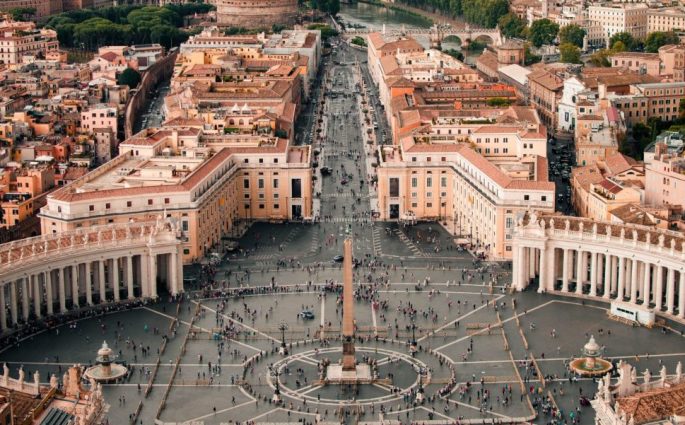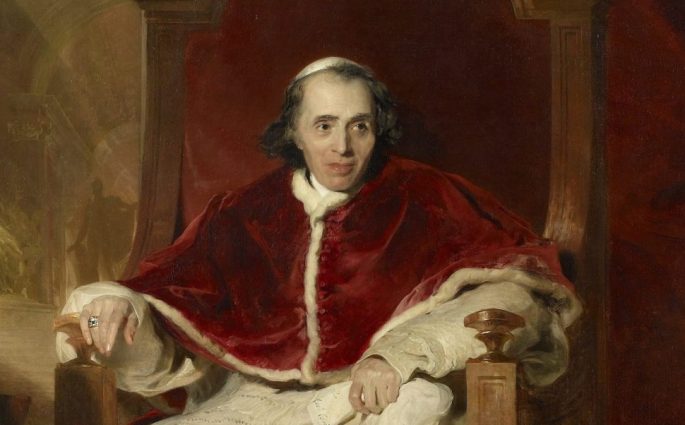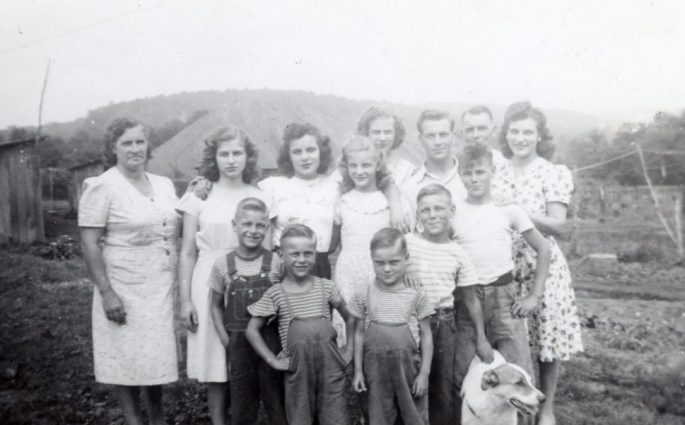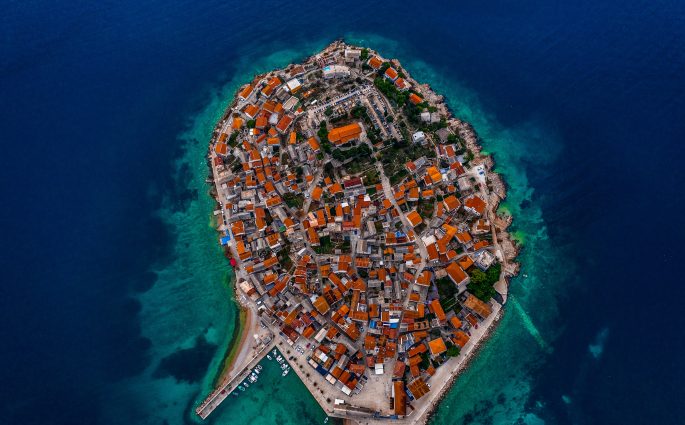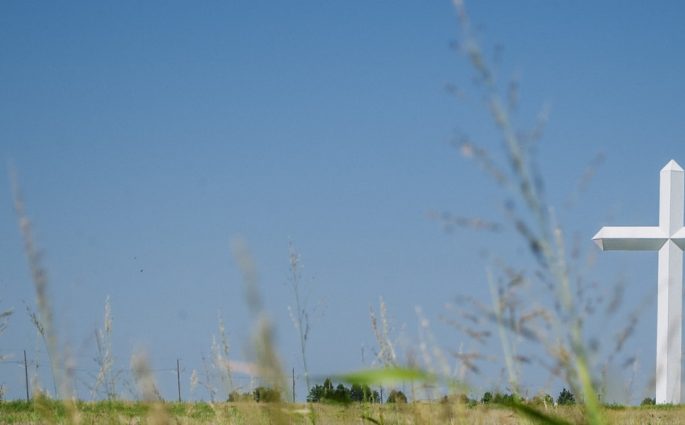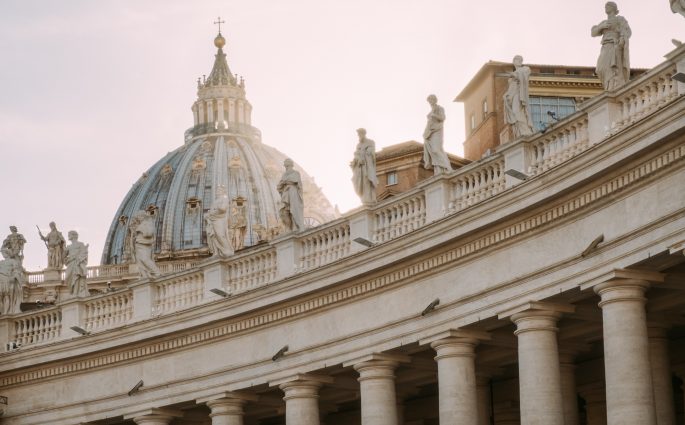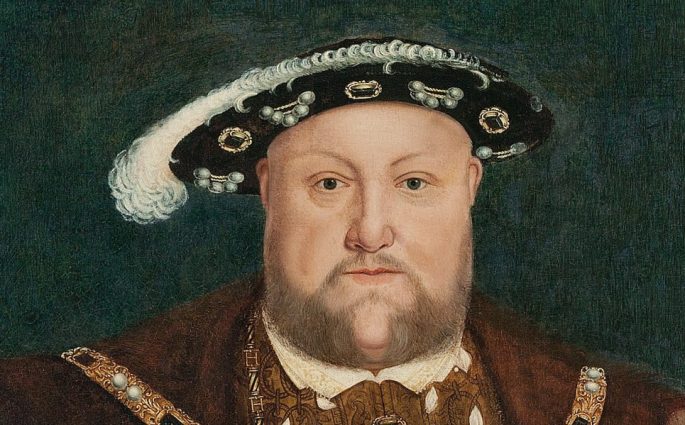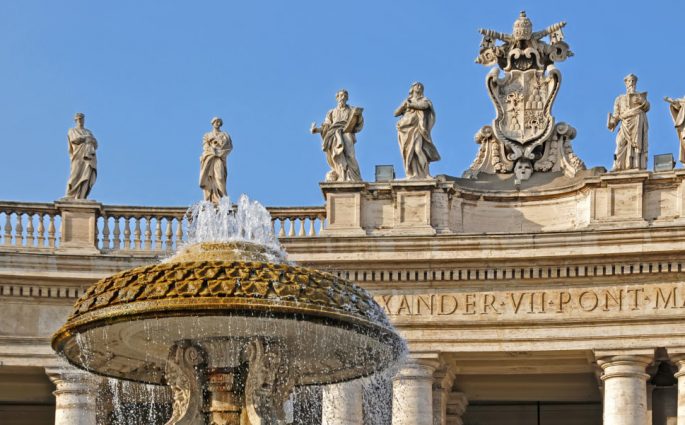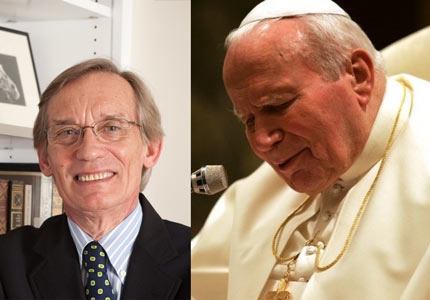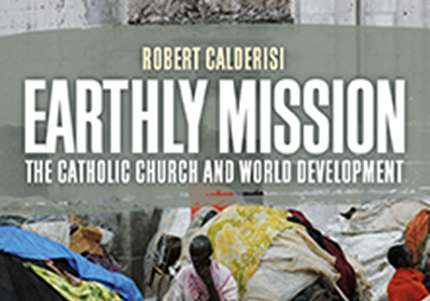Catholic Hostility toward Evangelicals in Fascist Italy
Kevin Madigan— Around 1870, evangelical Christians, as their Catholic adversaries would put it, “invaded” Italy in large numbers. Before unification and the inception of a new liberal order, the extension of rights of toleration to Jews and non-Catholic Christians, and the dispossession of the papal states, Protestant missionaries, by and

